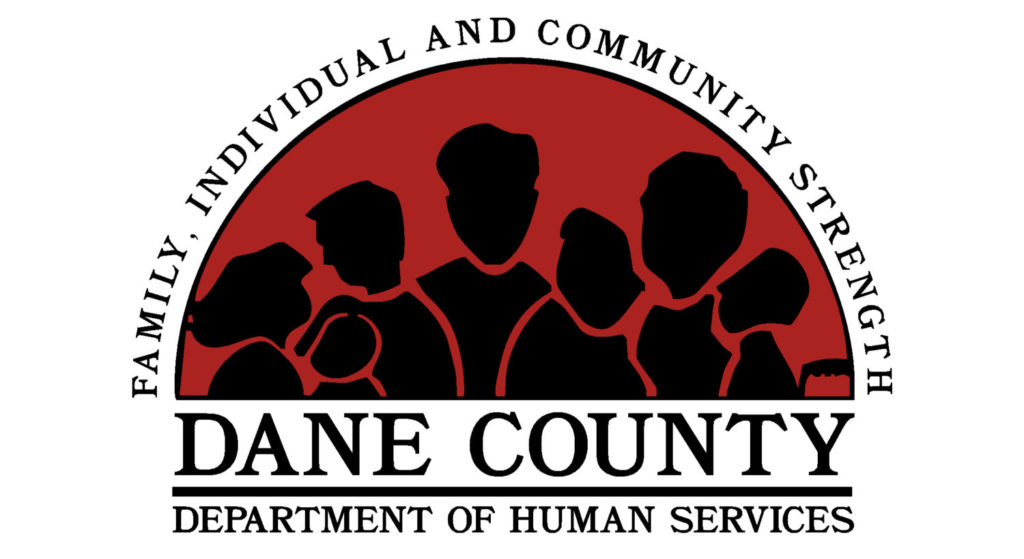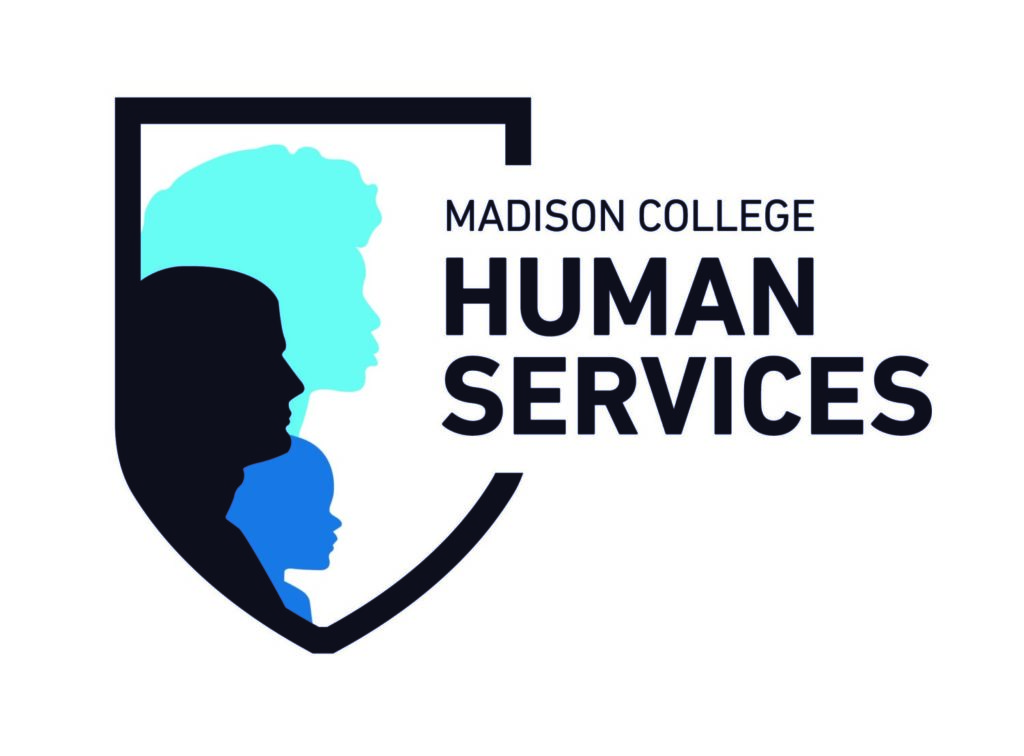A pilot program that is helping people of color and women in the workplace with their upward mobility will be celebrating its completion with a ceremony on Friday, Feb. 26.
“I think it helps in breaking barriers and continual efforts to level playing fields in infrastructures. I think it’s important, especially when you look at people who work in work in environments that do not have degrees,” Martha Stacker, division administrator for Dane County’s Division of Children Youth & Families, tells Madison365. “I believe that every participant received a raise during the participation. It’s just been phenomenal. I just love how the students have said how much that it has benefited them.”
Madison College has been offering a special educational training called “Framing the Future” for a pre-selected group of professional staff workers from Dane County’s Division of Children Youth & Families and Centro Hispano — 11 people total — that has been helping the gain skills for upward mobility.
Friday’s ceremony to acknowledge this cohort will take place noon-2 p.m. via Zoom.
Madison College instructors that facilitate the courses and the staff that participated will speak at the event along with Dane County Executive Joe Parisi, Dane County Human Services Director Shawn Tessmann and Stacker.
The “Framing the Future” completion event will be emceed by Norma Gallegos Valles, Workforce & Career Pathways Manager for Centro Hispano of Dane County.

“It should be a great event. We will have multiple speakers who will talk about the successes of the program and how it has impacted the students and the school of Human Services,” Stacker says. “We’ll hear from the students who talk about the impact of the program.”
The Wisconsin Department of Workforce Development (DWD) first issued the $63,000 Wisconsin Fast Forward grant in 2019 that provides targeted funds to support worker training, education, and recruitment.
Stacker worked collaboratively with Centro Hispano of Dane County and Madison College to put together a curriculum that offered 12 credits and was specifically drive towards minority staff – women and people of color. The accelerated format of the Madison College Human Services training courses was designed for working professionals in human and social services to further enhance career and educational opportunities.
“This was the first-ever cohort. This was huge for us,” Stacker says. “It was the first time implementing an accelerated program of this type working with an organization for Madison College. The front end work was pretty intense for Madison College, Centro Hispano and Dane County’s Division of Children Youth & Families to implement the curriculum, and getting access to the resources, tutoring, etc.”
The curriculum catered to the students as a training program that correlates to the work they do in their organizations and the impact it has on the community.
“It also offers opportunities of growth within their organizations – Centro [Hispano] and Human Services ….. Opportunities for promotions or advancements or pay increases. That was part of the requirement for the Fast Forward grant,” Stacker says.
The COVID-19 pandemic hit and it was a big adjustment for the program.
“The Fast Forward grant was supposed to end at the end of 2019. Because of COVID, they actually extended us the opportunity to expand the program for a year,” Stacker says. “We had to write a proposal to expand it for a year and they awarded it to us. So we had to go through 2020 and the students had to transition to a virtual learning model …. and they did. We had to adapt to that change at Madison College so that they could still finish the program.
“That was a huge shift in an already alternative-learning model to shift to a now alternative and a virtual accelerated learning model … and they completed it,” she added.

The idea was originally brought to Stacker by staff saying that they don’t have this opportunity to further their education or additional training opportunities to help advance them in their organizations.
The program not only positively affects the organizations involved, but also the overall community.
“Their growth impacts the community growth. They are the very same people who live in the community. There’s a duality in investing in the people who work and investing back into the community. It’s full circle,” Stacker says. “The benefits of it go well beyond the scope of them completing the program.”
The “Framing the Future” training program not only teaches a common knowledge base but also nurtures skills to make for effective, diverse human services professionals in the community.
“It has turned out to be more rewarding than all of us ever expected. The students have really benefited more than we ever expected,” Stacker says. “It has holistically benefited the trainees, the organizations and the college and even how Madison College has reimagined accelerated programs that can benefit the community.
“In a broader scope, they are looking at this model across the college. We didn’t expect this. The bigger bang of this has been surprising,” Stacker adds. “It’s really been an amazing journey. I’m so proud of the people who have participated in it.”




























